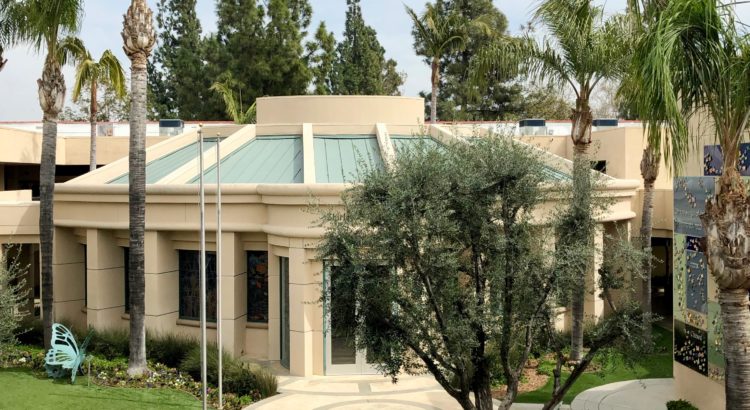I’d been to Heschel as a spectator when my son was in 5th grade and Viewpoint played their school in sports. I always remember how courteous and hospitable the kids and parents were during and after games, treating us as guests as opposed to rivals. Win or lose, Heschel always exhibited excellent sportsmanship, which I’ve learned, is an important part of a school’s culture. Since then, I’d been curious about the school, so I was pleased to accept the invitation to tour Heschel. Last month, I met Larry, along with Lara Martin, admissions director and Susan Kussin, head of marketing and alumni relations. Before walking around the lovely, sparkling campus–set on three acres– we chatted about Larry’s vision for the school’s future and his nearly lifelong connection to the school. I was inspired by his belief that the skills kids need most for the future include collaboration, critical thinking and, among others, empathy. The inclusion of empathy as a necessary skill is the type of forward-thinking leadership our world needs now and indefinitely. Heschel is a Jewish Day School grades TK-8 located in Northridge. –Christina
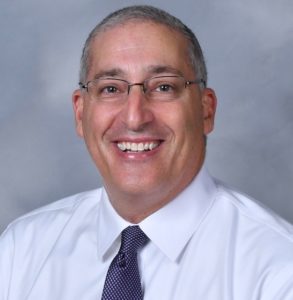
1. You have a long history with Heschel, from student, teacher, coach and now head of school. What has kept you connected to the school for so long?
Any Heschel student will tell you that once you attend our school, you remain a part of the Heschel community long past graduation. As a transitional kindergarten through eighth grade program, our students spend their formative years learning and growing on our campus, and the connection lasts a lifetime. Heschel played an important role in my youth, and when I made the decision to have a career in education, I was lucky enough to come home to Heschel.
I’ve had the opportunity to be a part of a dynamic, collaborative, and innovative administrative team and Board of Directors who have continuously supported and inspired my growth as an educator and leader. Having a long history with Heschel affords me a unique perspective in balancing the ever-evolving nature of a school environment, while keeping the traditions and underlying values of our school at the heart of our mission.
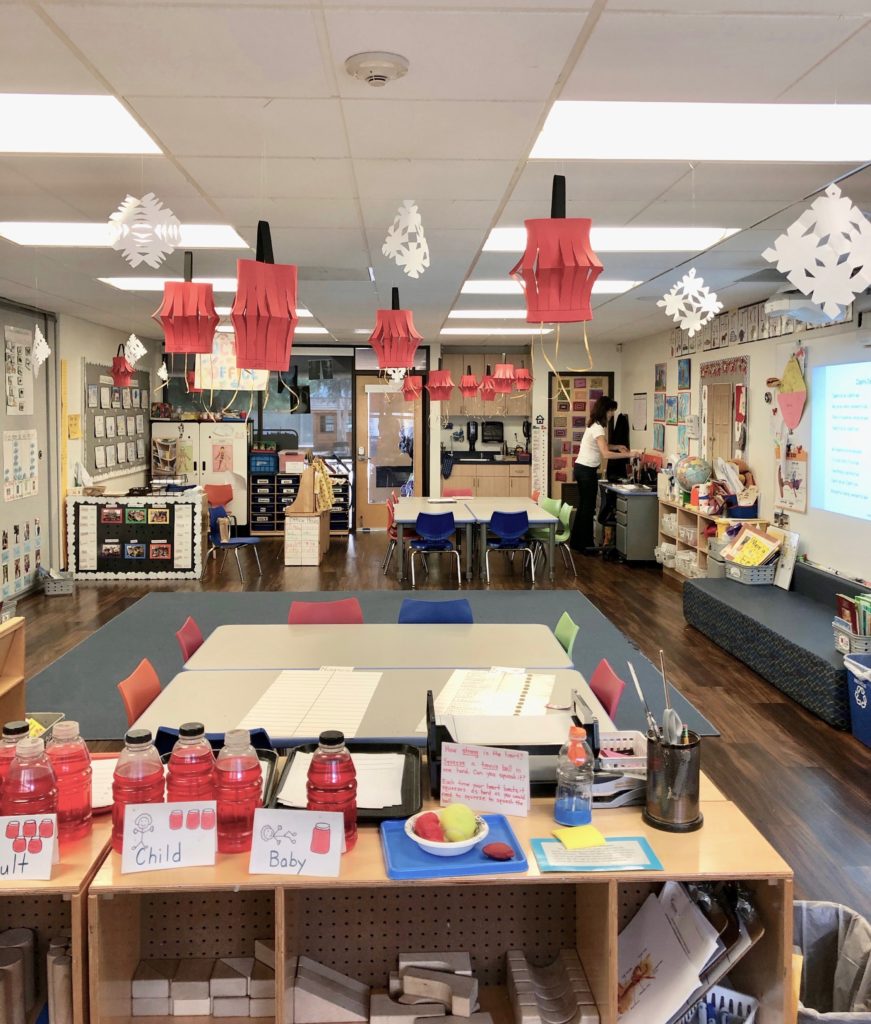
2. How would you describe the educational philosophy of the school?
We hold onto the best of the principles and traditions upon which Heschel was founded, and strive constantly to learn and embrace current and forward thinking concepts, research, and strategies best suited to prepare our students for the future. Balancing individual engagement and joyful learning with rigorous studies within a dual curriculum is at the forefront of a Heschel education.
We are fortunate that the size of our school and the expertise of our faculty allow us to put into action the best elements from multiple learning approaches including project based learning, design thinking, and small group and ability-based instruction. The professional growth and development of our faculty promotes our innovative and fresh curriculum focused on critical thinking and curiosity, and as a result Heschel students experience true intellectual and ethical inquiry.
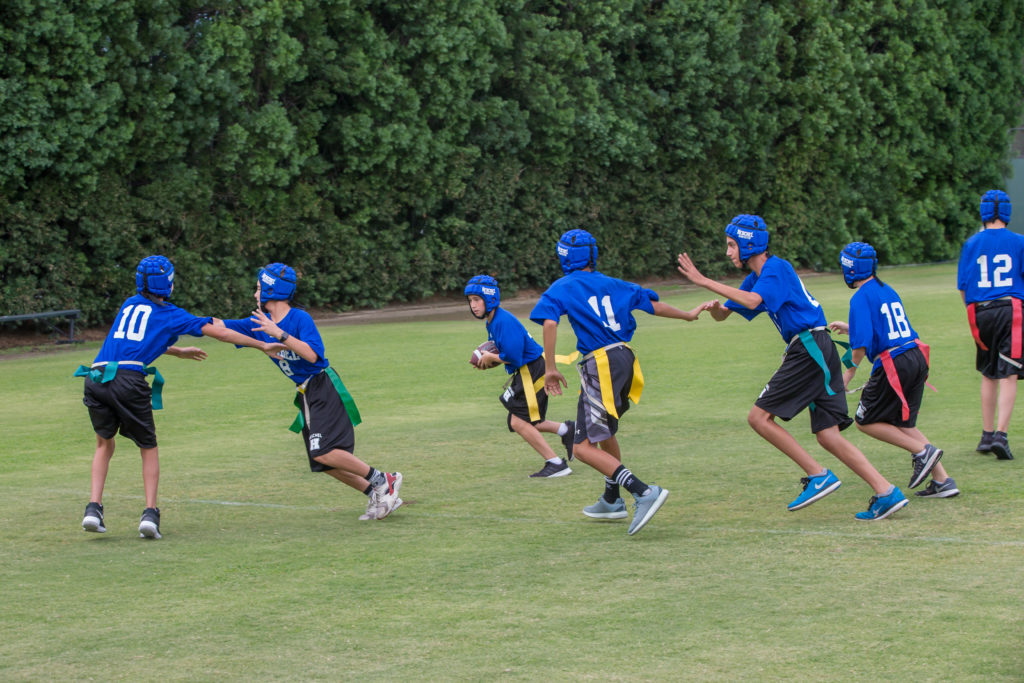
3. You described the 5 skills students will need for the future: Creativity, Collaboration, Design Thinking, Critical Thinking and Empathy. I’m pleased to see “empathy” is included. Can you talk about how you ensure students leave Heschel possessing these important skills and values?
Students in transitional kindergarten through eighth grade are encouraged to question and engage in respectful debate, problem solve and think critically as they master new math concepts, strategize in games, interpret and respond to literature, and express themselves via writing and the arts.
While we do not know what jobs may exist when our current students join the work force, we do know they will need to possess a strong sense of self, have a “growth mindset” – a willingness to work hard, take risks, and challenge their own comfort level.
As a pluralistic Jewish school, we have a natural lens for the inclusion of empathy, which is woven throughout the program in both general and Judaic studies. By exploring Jewish roots and other cultures, we encourage our students to explore sameness and difference. Our students know who they are and what they stand for, and as a result, they have the ability to take on others’ perspectives. Every grade level participates in Tikkun Olam, acts of kindness which are performed to repair the world at large. The relevant and developmentally appropriate grade level projects are instrumental in instilling not just an understanding of the concept, but teaching students to live it in the form of action as a lifelong responsibility.
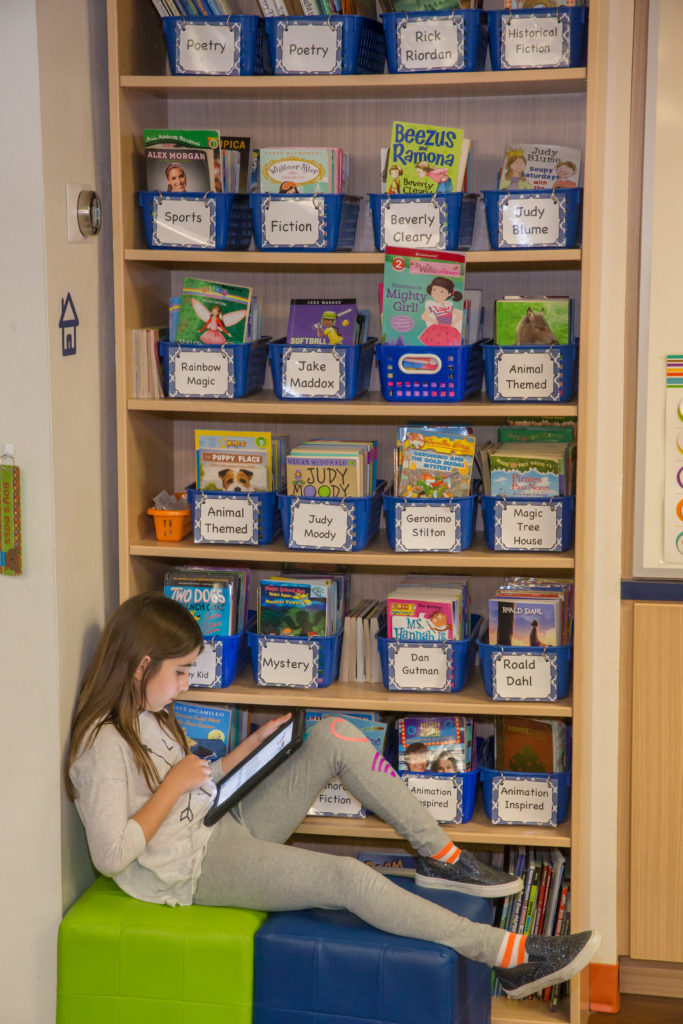
4. A big vote of confidence in a school is when alumni parents return to enroll their own children. Heschel has 69 legacy students! What did Heschel give so many families that they want for their own children? Does this make admissions more competitive for non-legacy families?
In my experience, all parents of our incoming new students want what any parent is seeking for their child; to grow confident, healthy individuals who make a positive difference in our world. Our alumni families are already familiar with the Heschel partnership and community, and our new families quickly become part of the Heschel experience as they attend new parent events, community events, and experience Jewish holidays.
It is amazing how many Heschel alums share that their closest friends today are still the friends they made at Heschel. This is remarkable when considering our program concludes in eighth grade! Walking alumni through our school as prospective parents are some of my favorite tours. The reminiscing is endless and they are always amazed at the updated facility and incredible faculty. They see that the values, strong academic programs, and amazing community are still here, and they want that for their children.
In terms of admissions, we accept mission appropriate families where we can serve the child(ren) and family well. New and legacy families go through the same admissions process. When it comes to accepting new students, the competitive nature of private school admissions is dependent on class size and the applicant pool.
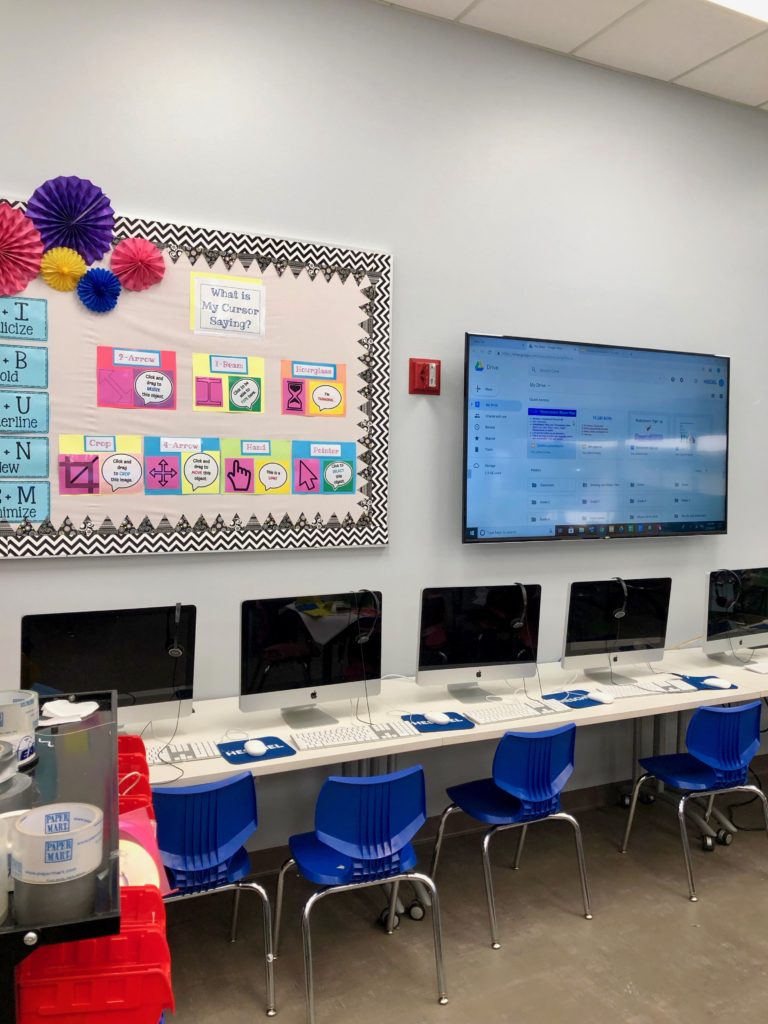
5. Where do Heschel’s eighth graders matriculate to and what is your process for helping place families in L.A. area private high schools?
This year our eighth graders have been accepted to 14 schools, which include Archer, Buckley, Campbell Hall, Chaminade, de Toledo High School, Harvard-Westlake, Marlborough, Milken, Shalhevet, Sierra Canyon, Valley Torah, Viewpoint, Village Christian, and Yula. We guide families through each step of the process, helping them transition from acceptance to graduation to matriculation. We recognize what an important process this is for our families, and our eighth grade faculty and the entire administration work hard to create an atmosphere of exploration and excitement for our families, rather than one of stress and angst. As a result, students feel empowered and excited to spread their wings after Heschel! We see Heschel as a place that opens endless opportunities to our students, and our matriculation process is no different.
For more information, visit Abraham Joshua Heschel Day School
Stay up to date on the latest L.A. private schools news and events! Follow Beyond The Brochure on Facebook. Buy the book on Amazon.
Photos: Heschel School and Christina Simon
